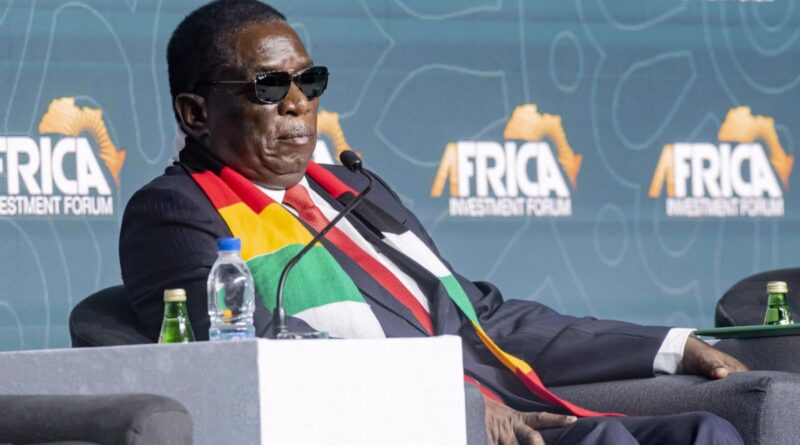Zimbabwe: U.S Imposes Targeted Sanctions on Top Officials
The U.S. government is terminating wide-ranging Zimbabwe sanctions that were first imposed in March 2003 and initiating targeted sanctions on three entities and 11 individuals including Zimbabwean President Emmerson Mnangagwa Vice President Constantino Chiwenga and First Lady Auxillia Mnangagwa.
In a statement issued on Monday, White House National Security Council Spokesperson Adrienne Watson said the policy revisions were made in response to “new and continuing corruption and serious human rights abuse”. She said the U.S. government “is employing a new set of tools” under the Global Magnitsky sanctions program, legislation adopted by Congress in 2012 to punish human rights offenders worldwide. With these actions, she said, the U.S government is sending a clear message that it will not tolerate the “egregious behavior of some of the most powerful people and companies in Zimbabwe”.
The Magnitsky Act allows the government to freeze assets and ban from entering the United States those found to be human rights offenders and involved in “significant corruption”.
The decision to end the previous sanctions is intended to promote accountability in a targeted manner that “does not represent sanctions on Zimbabwe or its public”.
Leaders in southern Africa and other parts of the continent have been pressing Washington to lift the sanctions.
Today’s action was welcomed by Zambian President Hakainde Hichilema which he said, in a post on X/Twitter “is further evidence that Pres. Biden listens to his African partners.” He added: “We hope this is an opportunity for a new direction for Zimbabwe and regional engagement.”

